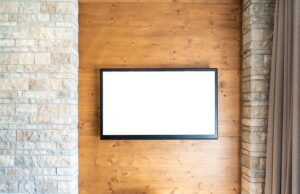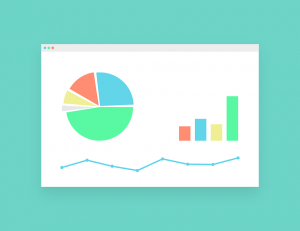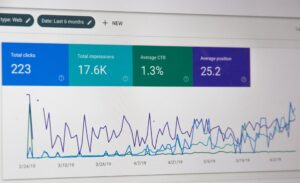Maintaining a home involves ongoing decisions about repairs and improvements, and the condition of a driveway is often overlooked—until cracks and potholes start appearing. Resurfacing your asphalt driveway can be one of the most cost-effective ways to extend its lifespan while improving curb appeal. Rather than waiting for complete deterioration, homeowners are increasingly turning to resurfacing as a proactive measure.
Resurfacing adds a new layer of asphalt over the existing structure, filling minor imperfections and reinforcing the base without the expense of a full replacement. The result is a driveway that looks new at a fraction of the cost. This process is gaining attention from both residential and commercial property owners who understand the financial and aesthetic benefits of timely maintenance.
Why Asphalt Driveways Deteriorate Over Time
Exposure to UV rays, fluctuating temperatures, vehicle weight, and moisture gradually weakens asphalt. Tiny cracks appear first, which can eventually expand due to water infiltration and freeze-thaw cycles. Oil leaks and road salts further accelerate the breakdown process. These cumulative effects turn a once-smooth surface into a patchwork of cracks and dips.
Ignoring these signs can lead to more severe structural issues that require complete replacement—often three to four times more expensive than resurfacing. Regular upkeep is the more cost-effective and environmentally sound choice.
Understanding the Resurfacing Process
Resurfacing typically begins with cleaning the existing surface to remove debris, vegetation, and loose materials. Next, a tack coat is applied to help the new asphalt layer bond to the old one. Then, a fresh layer of hot asphalt—usually 1.5 to 2 inches thick—is laid down and compacted.
Unlike sealcoating, which is cosmetic and adds minimal thickness, resurfacing restores structural integrity. It’s suitable for driveways that are structurally sound but show surface-level deterioration. If the base layer is compromised, resurfacing alone won’t be effective.
What Drives the Cost?
Resurfacing an asphalt driveway typically costs between $3 and $5 per square foot, depending on location, materials, labor rates, and the condition of the existing driveway. For a standard two-car driveway of about 600 square feet, this translates to $1,800 to $3,000. See asphalt driveway resurface cost calculator.
Costs can rise if additional work is required—such as repairing base damage, removing tree roots, or adding drainage. On the other hand, homeowners who schedule resurfacing before major wear sets in often avoid these added expenses.
Timing and Return on Investment
Many homeowners choose to resurface their driveways every 10 to 15 years, depending on climate and usage. Scheduling maintenance before severe damage occurs keeps costs predictable and manageable. A newly resurfaced driveway also increases property value, improving the first impression for prospective buyers.
Real estate agents often highlight driveways in listings, and a smooth, well-maintained surface suggests attentive ownership. The cost of resurfacing is frequently recouped in the sale price.
Final Thoughts
Resurfacing is a practical investment with aesthetic and functional payoffs. Rather than waiting for visible signs of decay to worsen, addressing minor damage early extends the life of your driveway and helps avoid the financial shock of full replacement. With proper timing and a clear understanding of the process, homeowners can protect one of the most-used surfaces on their property with minimal disruption and maximum return.

















